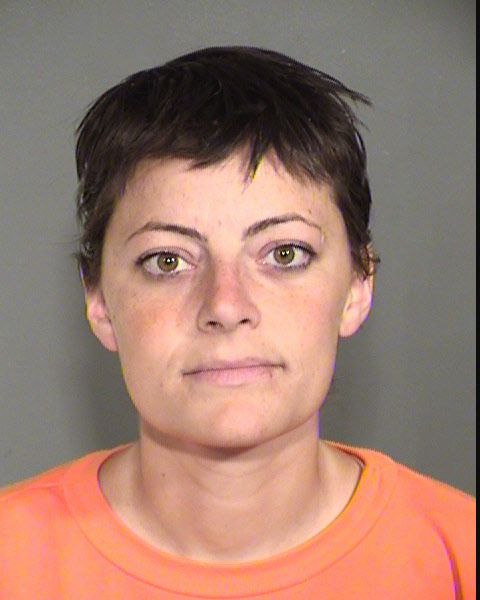Fraud investigations trump Arizona's physician-patient privilege, the Arizona Supreme Court ruled this morning.
In a unanimous decision, the justices rejected claims by Chalice Zeitner that the testimony and medical records of her doctor could not be used in her trial accusing her of faking a claim of cancer to obtain a state-funded abortion.
Justice John Lopez, writing for the high court, acknowledged that the statute that protects patient communications with a physician applies in criminal cases. That, said Lopez, is designed to "ensure that a patient will receive the best medical treatment by encouraging full and frank disclosure of medical history and symptoms by a patient to his doctor."
Lopez also said that same law also protects patient medical records.
But the court also said that privilege is not absolute, citing examples like requiring doctors to disclose wounds that may have resulted from illegal activity as well as evidence of contagious or infectious diseases.
In this case, he said, physicians providing services under the Arizona Health Care Cost Containment System, the state's Medicaid program, are required to report "any cases of suspected fraud." And the agency is required to investigate.
What makes all this relevant is that the charges against Zeitner stem from her 2010 claim that she needed a state-financed abortion because she discovered she was pregnant after recently undergoing extensive radiation and chemotherapy treatments for cancer. AHCCCS pays only for abortions in cases of the life or health of the mother.
A year later, however, the obstetricians performing a cesarean section on Zeitner for another pregnancy found no physical evidence to support her previous claims of uterine cancer. The obstetrician reported his suspicions about her to the health plan which forwarded the matter to AHCCCS for investigation.
She eventually was indicted on 11 charges and was convicted after the trial judge allowed her medical records into evidence and her physicians to testify.
In today's ruling the Supreme Court rejected her appeal that admission of that evidence was contrary to law.





